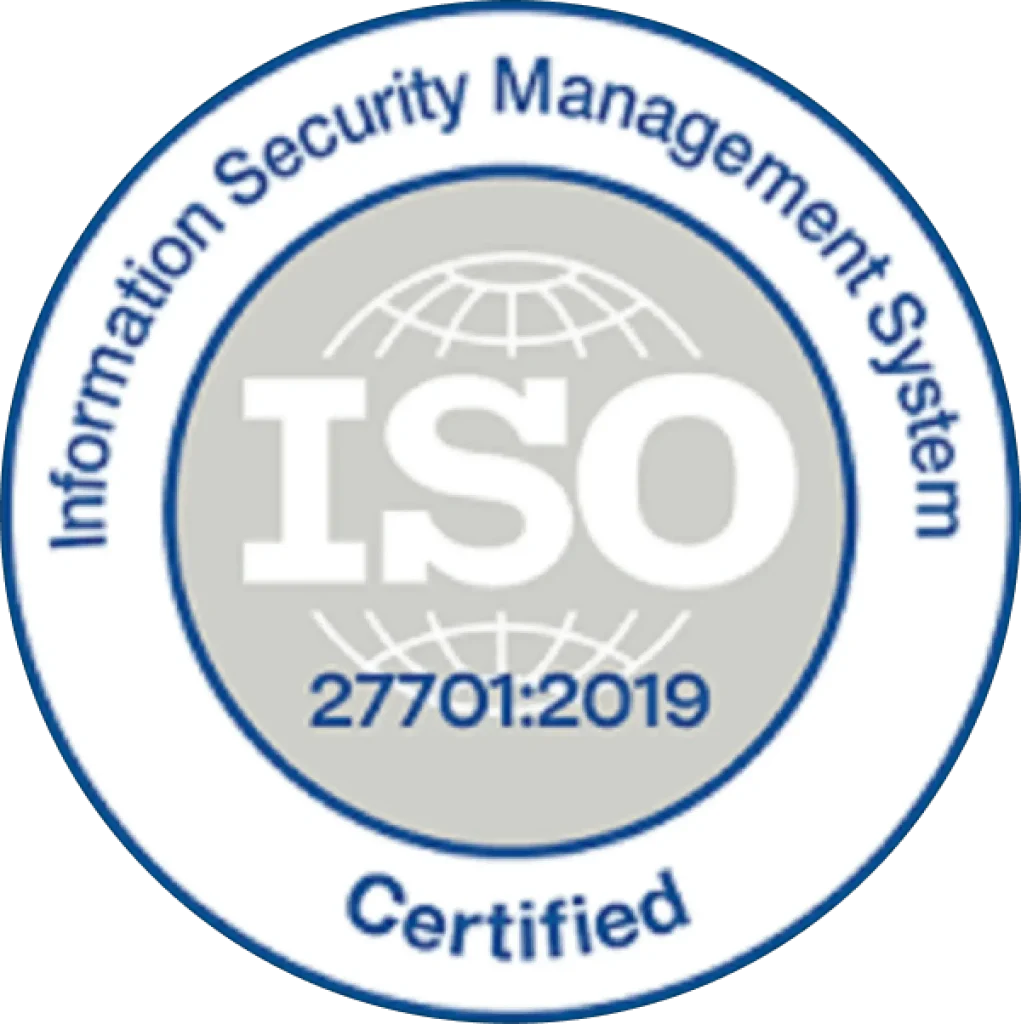The Employee’s Provident Fund Organisation of India (EPFO) has released version v2.0 of the PF ECR (Electronic Challan cum Return) which needs to be used effective immediately. The older version of the PF ECR is no longer accepted on the EPFO portal.
The updated PF ECR requires the employer to enter Gross wages as well as PF wages. This could have important & far reaching implications.
In the past the EPFO has raised notices where it felt that basic was lower than their expectation of 60% of salary. Most private enterprises follow a thumb rule of 40-50% of wages as basic in an attempt to save the employee taxes. This issue is currently being heard at multiple High courts across the country.
Using data from these two fields the EPFO can easily understand how much of an employee’s wage falls under PF wages. This can lead to the department issuing automated notices to “offenders”. Since the issue is in the courts it may not hold much water however this will end up being a hindrance and might end up costing organisations in terms of time & out of pocket expenses.
Another place where we see this creating issues is in terms of minimum wage. Incase an employee’s wage falls below minimum wage on any given month this might raise a flag and could lead to false alerts & notices.
You can get more information on the changes on the EPFO portal here
247HRM is being updated to be compliant with the new requirements from the EPFO. We would like to hear your thoughts on how gross wages should be reported.
— This is an update from the 247HRM Compliance desk
247HRM’s compliance teams constantly liaise with statutory departments to ensure that employers better understand their compliance obligations.




